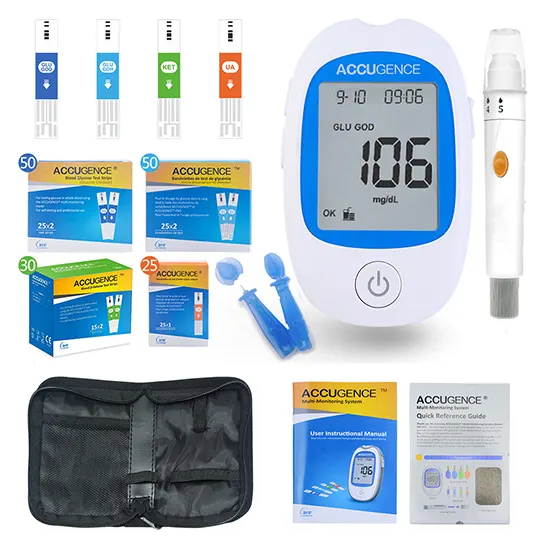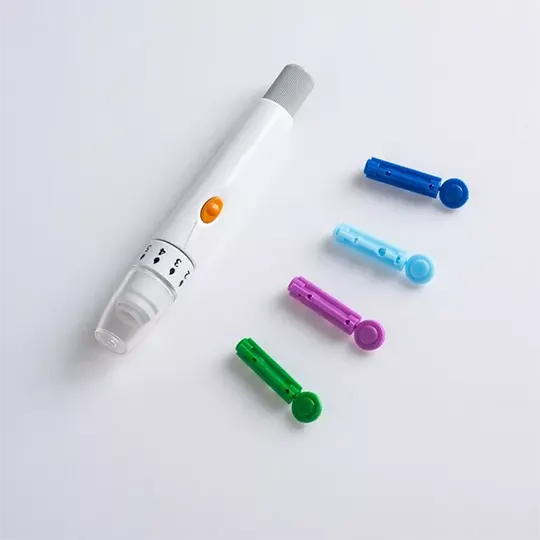Miradol
Miradol - General Information
A dopamine D2-receptor antagonist. It has been used therapeutically as an antidepressant, antipsychotic, and as a digestive aid. (From Merck Index, 11th ed)
Pharmacology of Miradol
Miradol is a substituted benzamide derivative and a selective dopamine D2 antagonist with antipsychotic and antidepressant activity. Other benzamide derivatives include metoclopramide, tiapride, and sultopride.
Additional information about Miradol
Miradol Indication: Miradol is indicated for the treatment of schizophrenia.
Mechanism Of Action: In contrast to most other neuroleptics which block both dopamine D1 and D2 receptors, Miradol is more selective and acts primarily as a dopamine D2 antagonist. Miradol appears to lack effects on norepinephrine, acetylcholine, serotonin, histamine, or gamma-aminobutyric acid (GABA) receptors.
Drug Interactions: Not Available
Food Interactions: Not Available
Generic Name: Sulpiride
Synonyms: Levosulpirida [Inn-Spanish]; Levosulpiride; Levosulpiride [Inn]; Levosulpiridum [Inn-Latin]; Sulpirida [Inn-Spanish]; Sulpiridum [Inn-Latin]; Sulpirid; Sulpyrid
Drug Category: Antidepressants; Antipsychotics
Drug Type: Small Molecule; Approved
Other Brand Names containing Sulpiride: Abilit; Aiglonyl; Alimoral; Calmoflorine; Championyl; Coolspan; Darleton; Desmenat; Dobren; Dogmatil; Dogmatyl; Dolmatil; Dresent; Eclorion; Eglonil; Eglonyl; Enimon; Equilid; Eusulpid; Fardalan; Fidelan; Guastil; Isnamide; Kylistro; Levobren; Levopraid; Lisopiride; Mariastel; Meresa; Miradol; Mirbanil; Misulvan; Neogama; Norestran; Normum; Nufarol; Omiryl; Omperan; Ozoderpin; Psicocen; Pyrikappl; Pyrkappl; Restful; Sernevin; Splotin; Stamonevrol; Sulpitil; Sulpride; Suprium; Sursumid; Synedil; Trilan; Valirem; Zemorcon;
Absorption: Sulpiride is absorbed slowly from the gastrointestinal tract. Its oral bioavailability is only 25 to 35% with marked interindividual differences.
Toxicity (Overdose): Sulpiride has a relatively low order of acute toxicity. Substantial amounts may cause severe but reversible dystonic crises with torticollis, protrusion of the tongue, and/or trism. In some cases all the classical symptoms typical of severe Parkinson's Disease may be noted; in others, over-sedation/coma may occur.
Protein Binding: Not Available
Biotransformation: Not Available
Half Life: 6 to 8 hours
Dosage Forms of Miradol: Tablet Oral
Solution Oral
Chemical IUPAC Name: N-[(1-ethylpyrrolidin-2-yl)methyl]-2-methoxy-5-sulfamoylbenzamide
Chemical Formula: C15H23N3O4S
Sulpiride on Wikipedia: https://en.wikipedia.org/wiki/Sulpiride
Organisms Affected: Humans and other mammals



